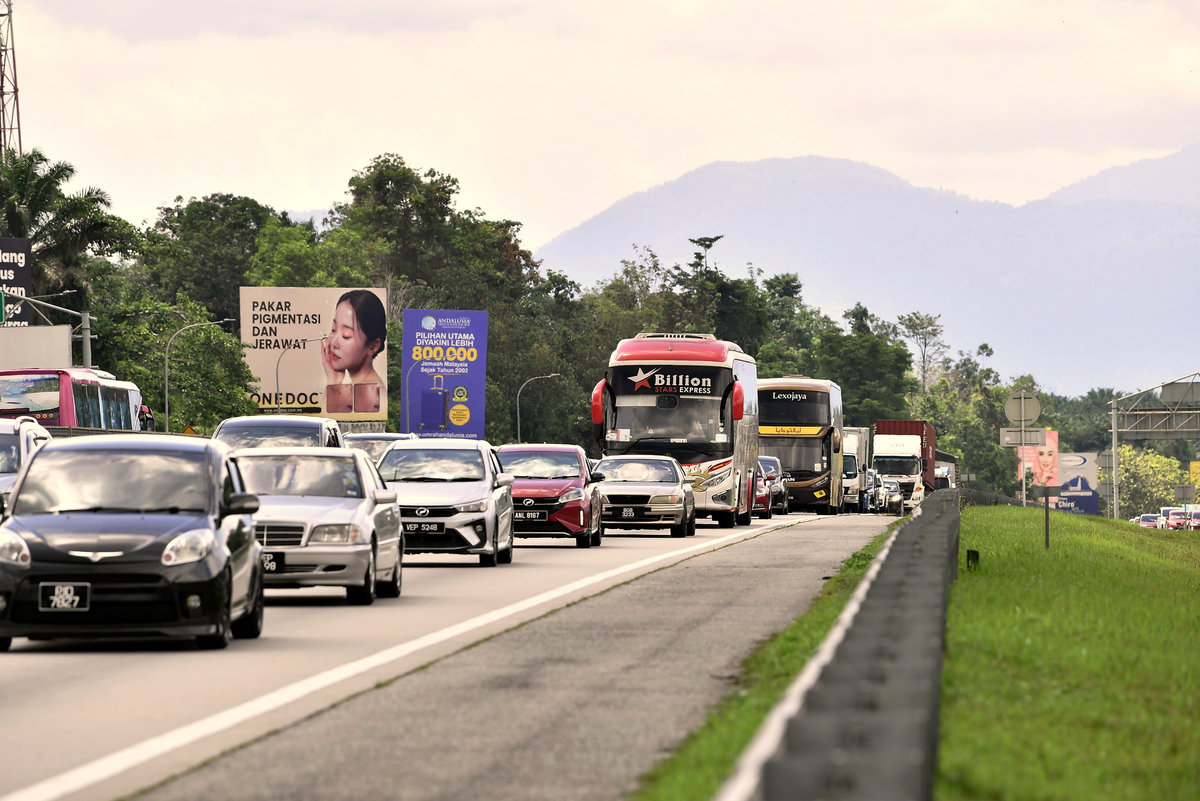PETALING JAYA: The government will prioritise large-scale infrastructure development under the 13th Malaysia Plan (13MP) to strengthen regional connectivity and drive planned growth across the country, Prime Minister Datuk Seri Anwar Ibrahim said in Parliament today.
Among the key projects identified are major rail and road developments, including initiatives on both the east and west coasts, as well as infrastructure improvements in Johor and Penang.
Several flagship transport projects are set to enhance inter-state mobility and support economic zones along their routes.
The plan also aims to accelerate transit-oriented development (TOD), integrating transportation with housing, commercial activity, and public services to create more connected and livable urban centres.
To further strengthen public transport in major cities, the government will expand first- and last-mile connectivity.
This includes the addition of hundreds of new buses and demand-responsive transit (DRT) vans, along with 217 new passenger train sets to improve service frequency.
Existing highways and major roads will be upgraded, while new highways are slated for construction across several states.
These improvements are expected to ease congestion, shorten travel times, and boost logistics efficiency.
“Rural connectivity will not be left behind, with 2,800 kilometres of rural roads set to be built or upgraded under 13MP in a bid to bridge development gaps between urban and remote areas.
“Key projects include the Nanga Serau–Nanga Seranau road in Kapit, the Sungai Air Tawar Bridge–Hutan Melintang road in Bagan Datuk, and the Pos Sinderut road in Lipis, among others.”
Anwar also highlighted the government’s “road-to-rail” cargo shift strategy, aimed at increasing the share of freight transport by rail from 6% to 13%. This is expected to reduce heavy vehicle traffic and road accident risks.
He stressed that these infrastructure investments are crucial for building a more resilient, inclusive, and sustainable Malaysia.









